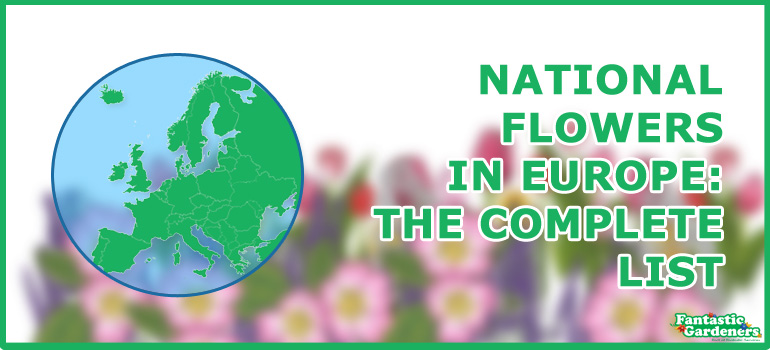
There’s no doubt that every country in Europe is famous for something – they have their own national symbols like flags, dishes, alcoholic beverages, animals, sports etc. But have you ever thought about the national flowers of European countries?
Every country on the Old Continent has its own floral emblem that represents their unique identity. Some of these symbols are related to historical, cultural and religious events dating back centuries and even millennia ago. Others are not officially declared as such by their respective governments but are well known to have a special place in the hearts of their people.
Go ahead and check out each one of the national flowers in Europe, along with facts on why a particular plant is chosen to represent a state.
Click on a flag for quicker navigation.
Albania
You can find red and black Poppy everywhere in this country. The plant is valued for its beauty, medicinal superpowers and seeds used in cooking and baking.
Andorra
Also known as the poet’s narcissus or the pheasant’s eye. The petals represent the parishes of the Principality, and the two coloured crown in the centre represents the two co-princes of Andorra.
Austria
Land of mountains, land by river” is the National Anthem of Austria. A mountainy country where the otherwise rare beauty of the Edelweiss is relatively common.
Belarus
Belarus is full of large fields of flax, with the harvest mainly used for the food and medicinal industries.
Bosnia and Herzegovina
The flower is native for Bosnia and it is used in the coat of arms of the country.
Croatia
In Croatian, the name of this flower is perunika, coming from the name of the Slavic god Perun. Perun is the highest god in the Slavic mythology, an overlord of thunder and lightning. Hence the belief that perunika grows on the ground that is struck by lighting.
Czech Republic
Different urban legends proclaim the rose as a symbol of war, love, beauty and politics.
Denmark
Denmark doesn’t have an official national flower. However, Marguerite Daisy is found and cultivated in excessive amounts in Denmark, is the favourite flower of the queen and hence, it’s often mentioned as a national symbol.
England
The emblematic War of the Roses between the Royal house of Lancaster (red rose sigil) and the Royal house of York (white rose sigil), marked the adoption of the flower as a national symbol.
Estonia
It predominantly grows on rye fields, connecting a strong association with bread in the minds of the folk. Cornflower was elected as a national symbol after a public contest back in 1968.
Finland
Lily-of-the-valley was chosen as a Finnish national flower as its beauty and sweet scent are well-recognised by the Finns. It can also be easily found at large around the country.
France
The fleur-de-lis is present in the country’s coat of arms and national emblem. The iris is a royal symbol since the 1300’s. It depicts light, life and perfection.
Germany
Also known as cyani flower, the cornflower was adopted as a national symbol of Germany in the 1800’s. Its colour is no coincidence – Prussian blue. What’s more, unmarried people at the time showed that they are single by wearing the flower on their chest.
Hungary
During the Ottoman conquest, the tulip was brought in the country and through it, to other parts of Europe. It was the Sultan’s favourite and it remained a national symbol of Hungary since then.
Ireland
As one of the most well-known national flower symbols, the Shamrock’s legend tells that St. Patrick of Ireland had used it to illustrate the Doctrine of the Trinity – The Father, The Son and The Holy Spirit.
Italy
With violet and rose, as other highly popular flowers in the country, Italy’s lily is associated with religion and purity.
Latvia
Daisies are a very popular flower in Latvia and are often used in flower arrangements or given as gifts. No doubt they are chosen as one of the national symbols of the country.
Liechtenstein
One of the flowers, associated with happiness and joyful people – hence its yellow colouring.
Lithuania
Rue symbolizes virginity and plays an important role in wedding ceremonies in Lithuania. The bride usually wears a wreath of rue.
Luxembourg
A royal flower for an affluent country, the Rose has been a symbol of Luxembourg for many years.
Macedonia
The poppy can be found on the coat of arms of the country and is widely spread around the fields.
Monaco
The small but fair country of Monaco chose Carnations – flowers that represent admiration, deep love and affection.
Montenegro
Associated with spring festivities, Mimosa grew freely everywhere around Montenegro for the past couple of centuries. The blossoming flower marks the beginning of the spring season.
Netherlands
In the 16th and 17th century the Netherlands grew the tulips in such large numbers that they quickly became world famous for the flowers.
Norway
The flower grows well in rough conditions, and can be found even in rock cracks, too. From it, the heather honey is made – it’s incredibly helpful for the urinary system.
Poland
During and after World War I, fields that had been disturbed by battle, bloomed with Corn Poppies, and the flower has become a symbol of that war.
Romania
One of the most widespread flowers in the country, the dog rose has many applications in health and beverage industries.
Russia
Chamomile is one of the most widespread flowers in Russia. It’s everyone’s favourite and used in preparation of herbal tea, treating conditions such as stress and insomnia.
San Marino
It’s a plant of lasting feelings and love – you will surely feel the same way towards San Marino once you visit this beautiful country.
Scotland
If there’s a first recorded national flower, then the Scottish Thistle is close to winning the race. It’s also one of the easiest to recognise national symbols of the country.
Serbia
The country adopted the plum as their national plant symbol – it’s fruits and produce are of utmost important to the Serbian culture, particularly for their national drink, Šljivovica.
Slovenia
The national flower of Slovenia is the red carnation. The flower, as a whole, is widely spread and grown by Slovenians.
Sweden
The national flower of Sweden – the Twin Flower or Linnaea is named after Carl Linnaeus – the scientist who gave the roots to taxonomy.
Switzerland
Unofficially, the Edelweiss is considered to be the national flower symbol of Switzerland. It’s associated with Alpinists and its colour and beauty are often connected with the Alps.
Turkey
Lots of national flowers are associated with their respective country’s history. Tulips and Turkey don’t make an exception – the “Tulip Era” between 1718-1730 is an important historical period – something like a golden age for the country, with peace and enjoyment for the folk, the tulips took an intricate part of their life, woven in different clothing and carpets.
Ukraine
There’s a lot of symbolism connected with the sunflower in Ukraine’s history and traditions. One of the symbols of fertility, solar power, vigour of life and energy.
Vatican City (Holy See)
Needless to say, Vatican’s national flower is associated with one of the largest of scale Christian holidays – Easter. The Easter Lilly is a symbol of the virtues of the holiday – renewal, life and purity. What’s more, the shape of the flower reminds visually of Jesus’s heralding who comes back to Jerusalem.
Wales
The daffodil was chosen as a national flower of Wales not only because of its beauty, but also because it blooms on St. David’s day, the feast day of the Wales’ patron – on 1st of March.
Sources:
https://www.theflowerexpert.com/content/aboutflowers/national-flowers
https://www.buzzle.com/articles/a-complete-list-of-national-flowers-by-country.html#europe
https://en.wikipedia.org/wiki/Floral_emblem
Do you want some of these flowers planted in your garden?
Enter your postcode to view our rates and availability in your area.
For questions about the services we offer visit our main site

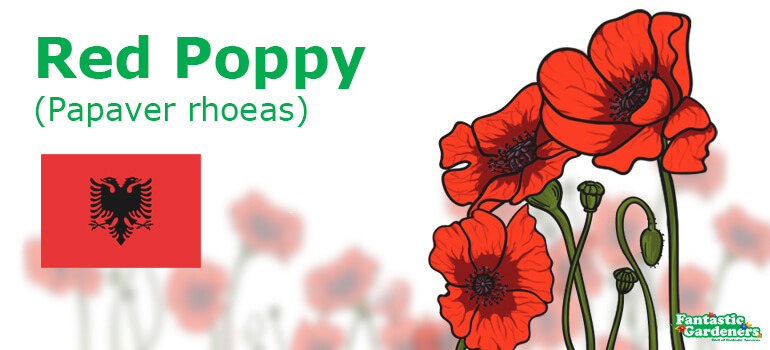
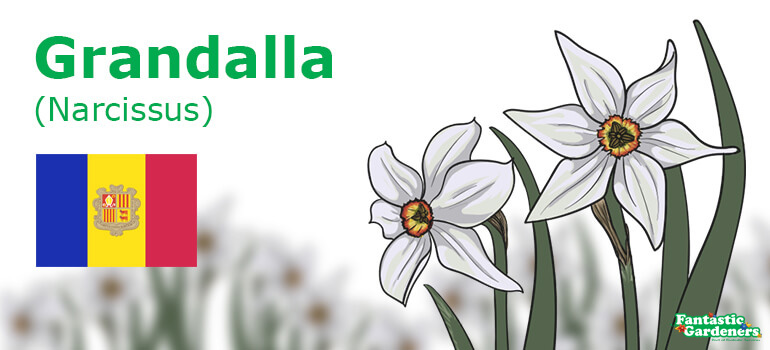
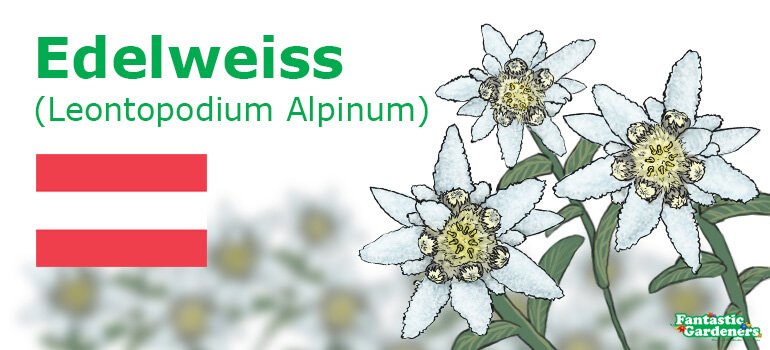
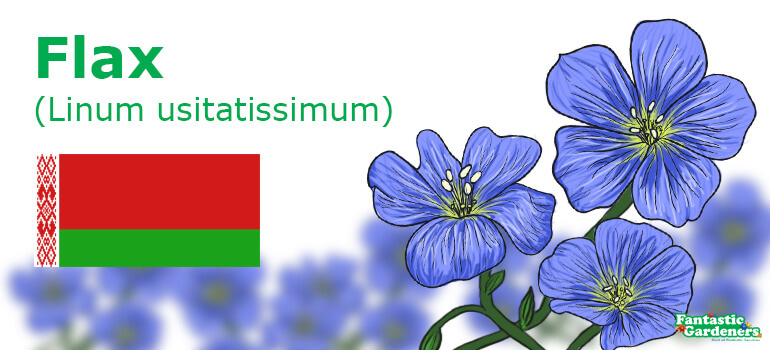

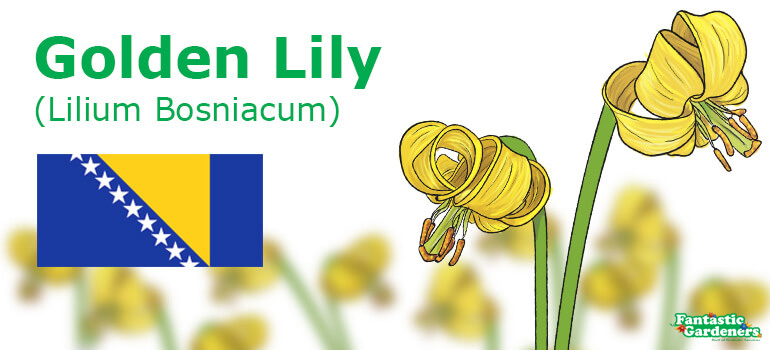


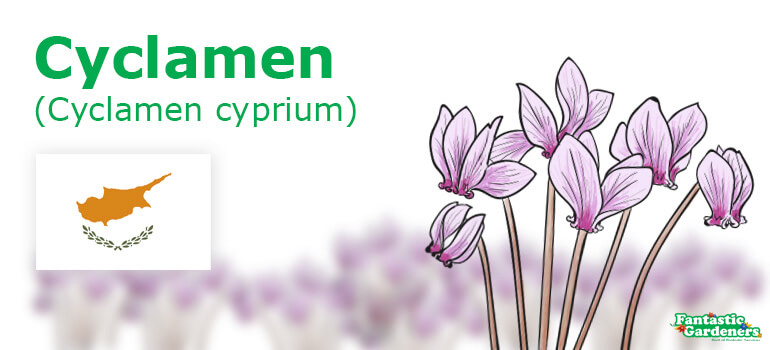
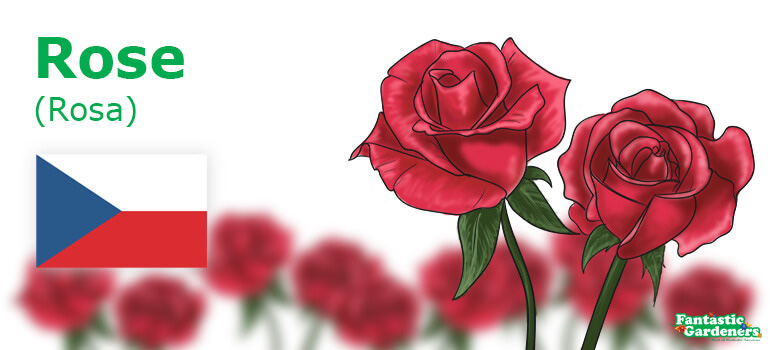

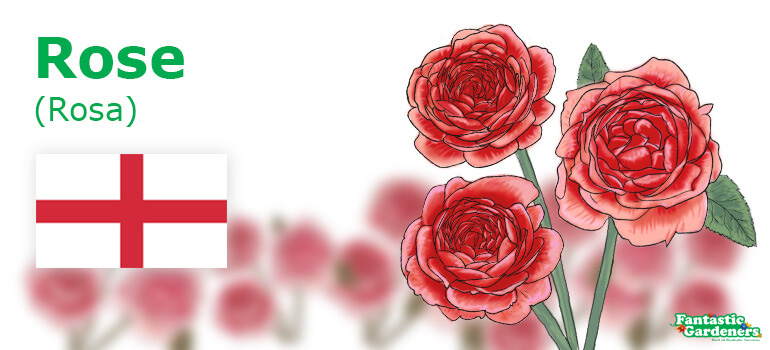


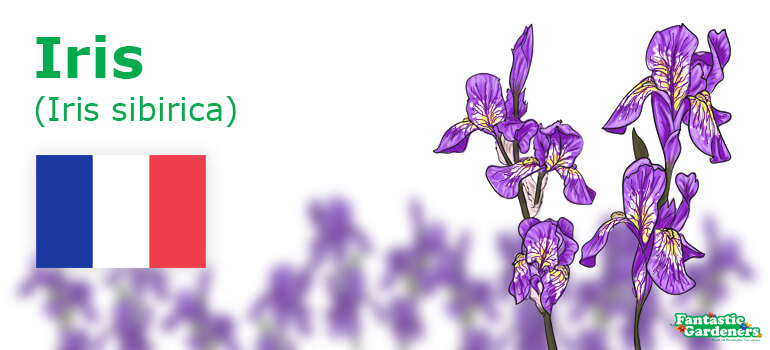

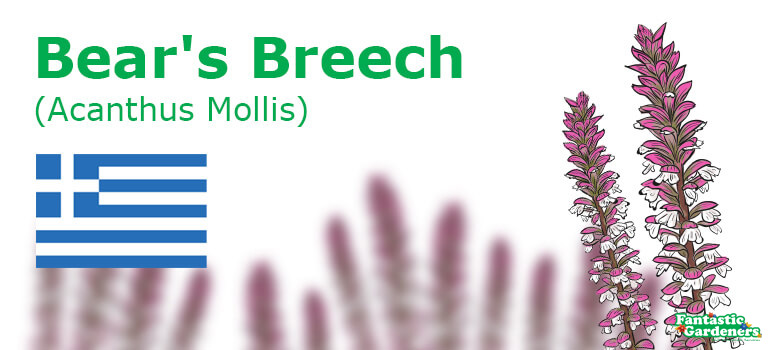
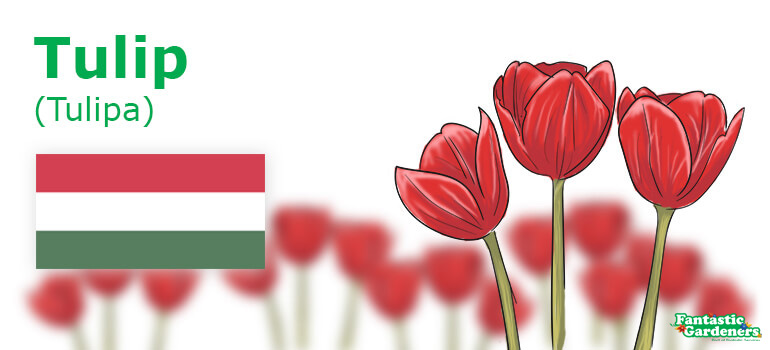

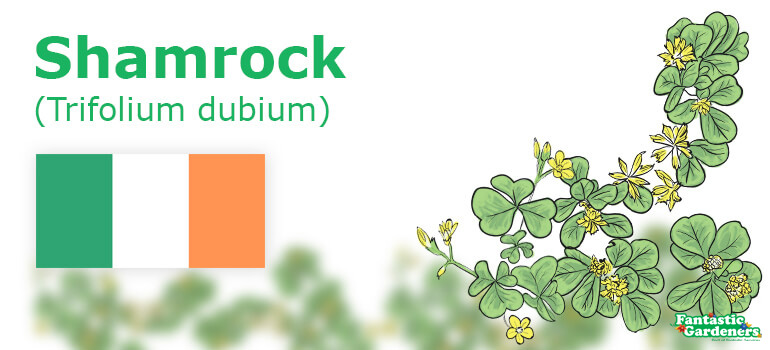

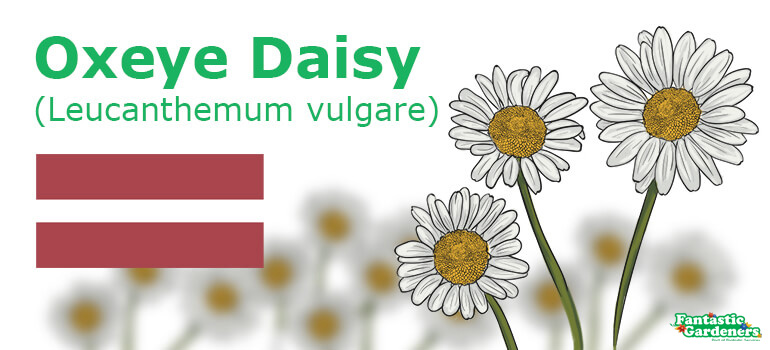
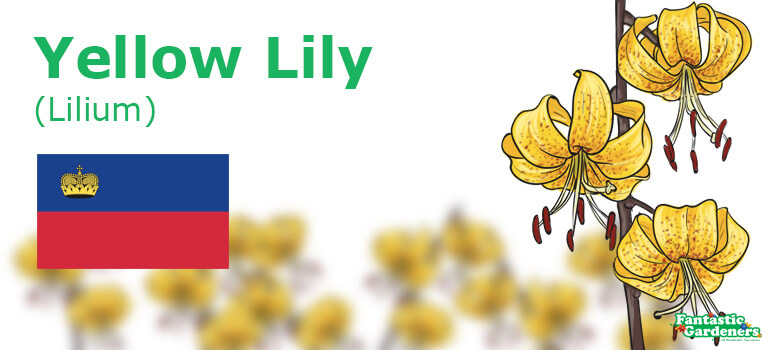
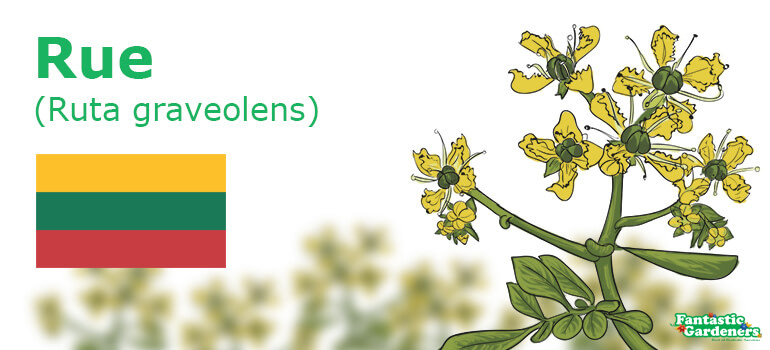
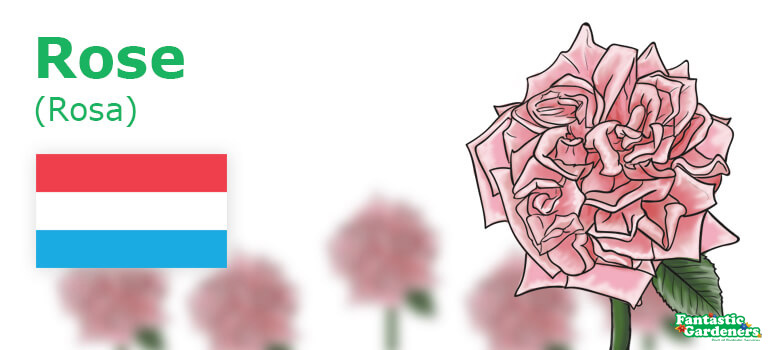
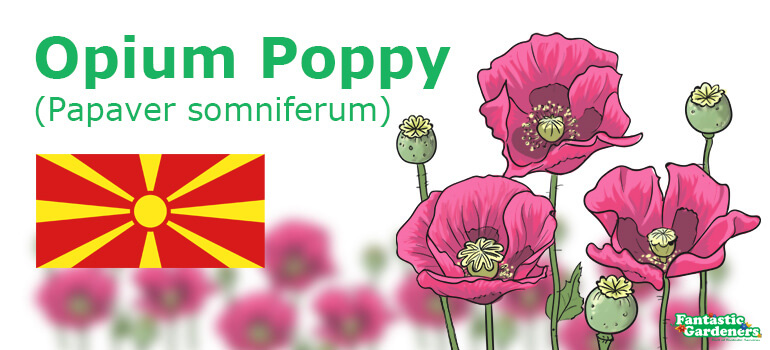
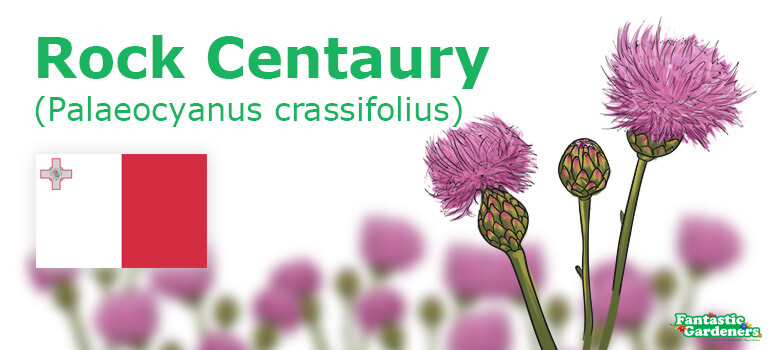



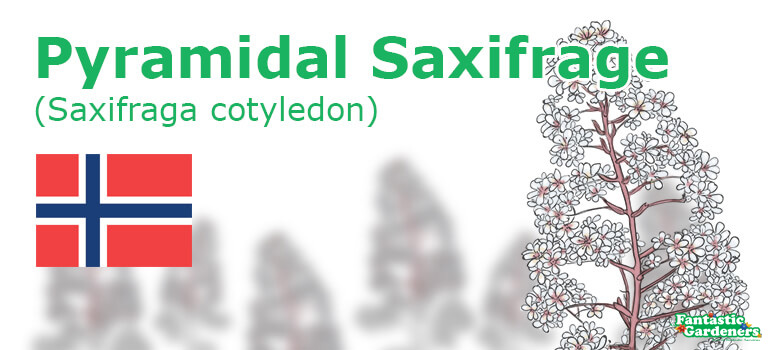


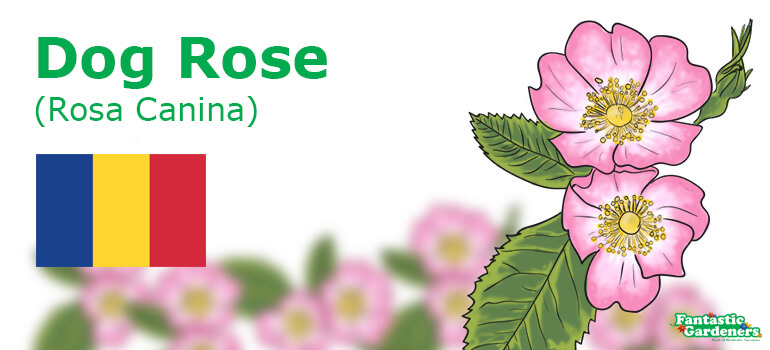
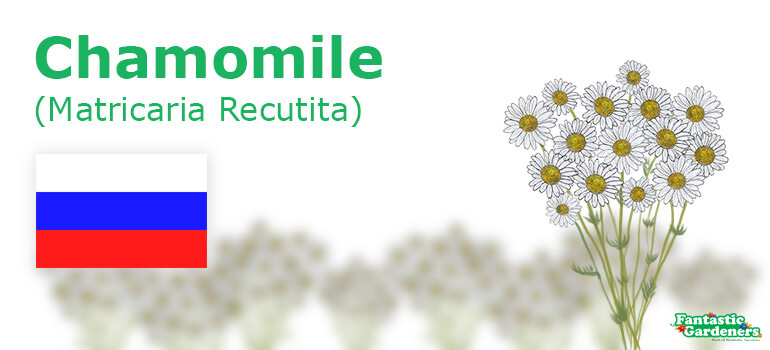



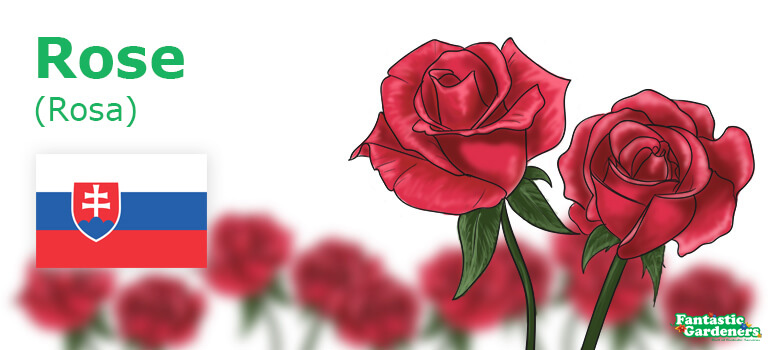

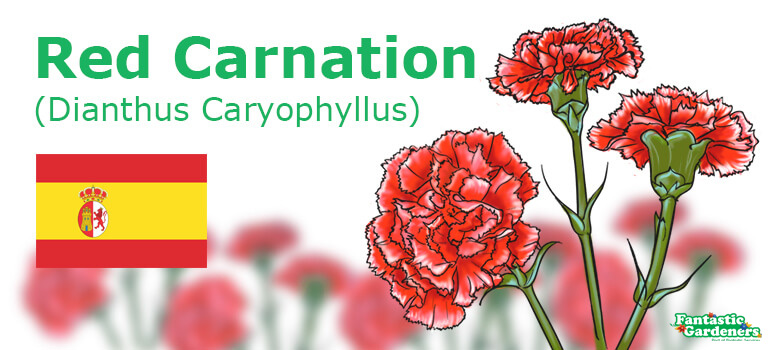
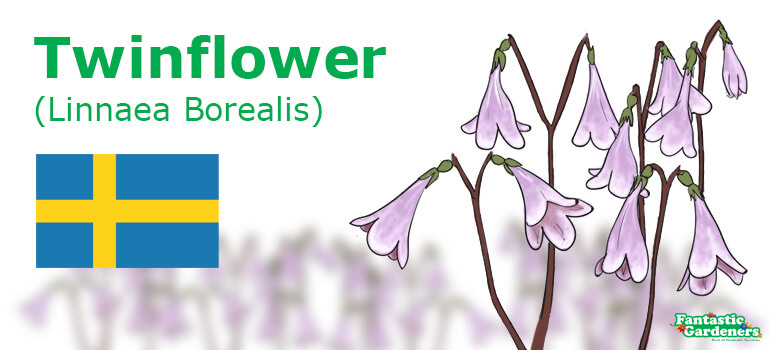
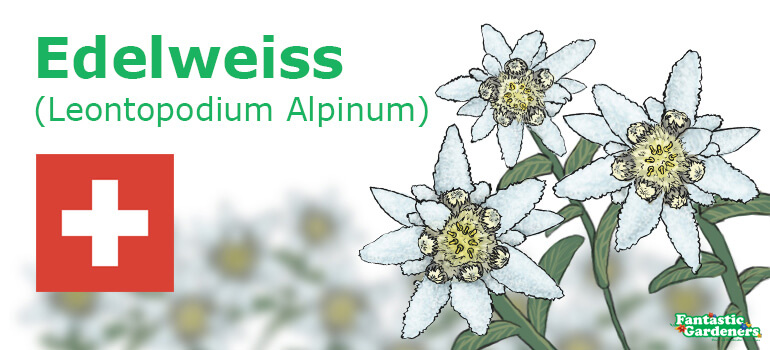
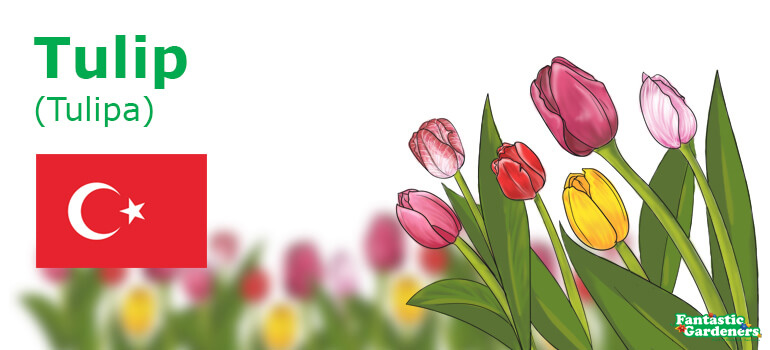
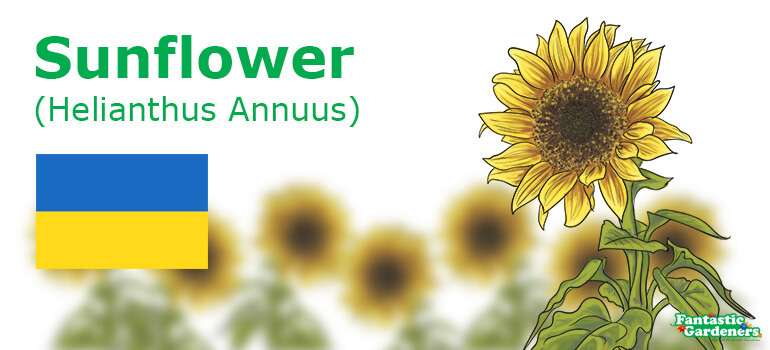


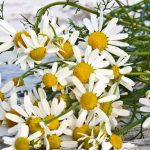


National flower of the country Vietnam we are lotus, a flower bearing the beauty of purity
National flower of the country Vietnam we are lotus, a flower bearing the beauty of purity https://hoatuoishop.net/